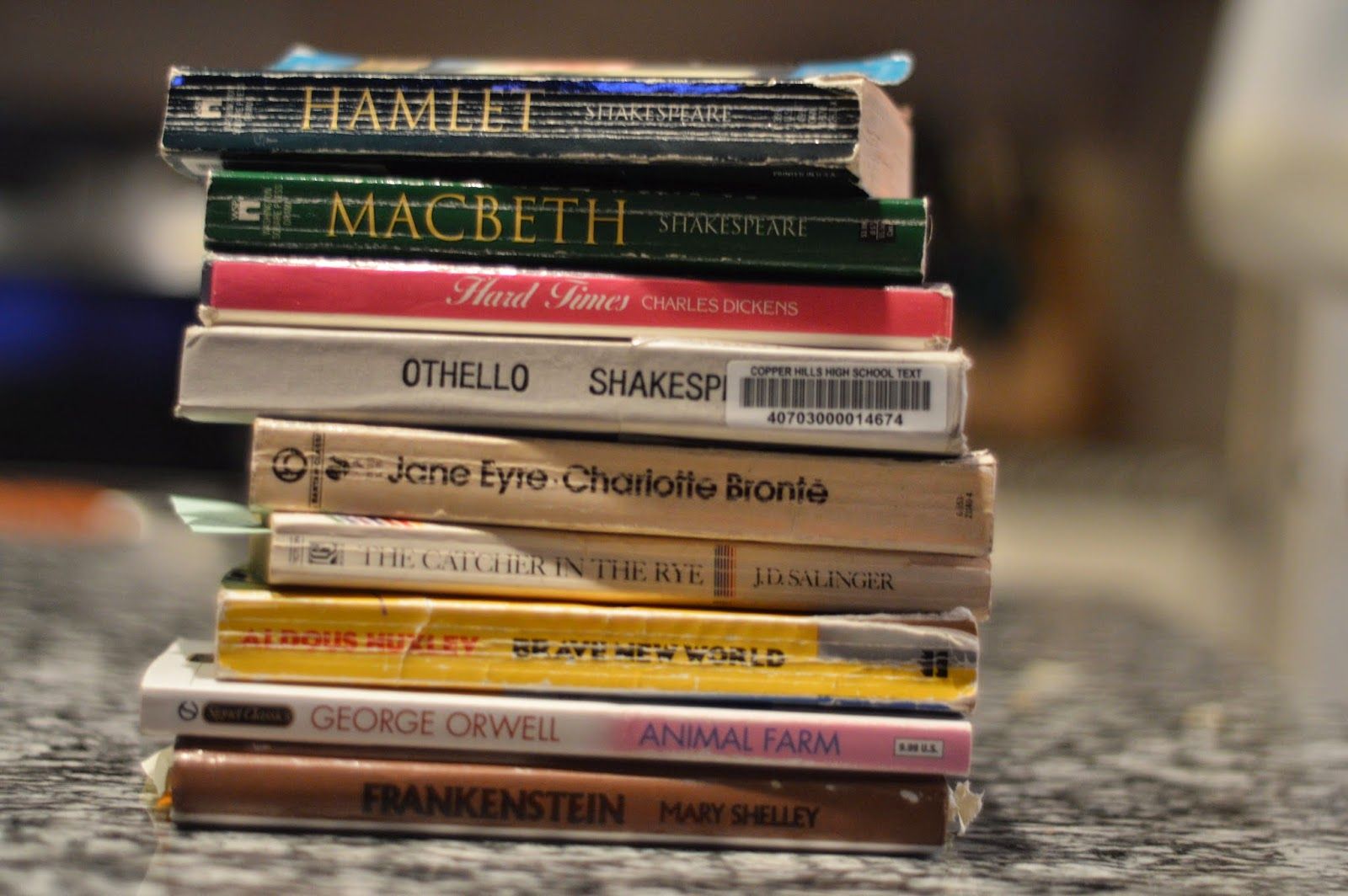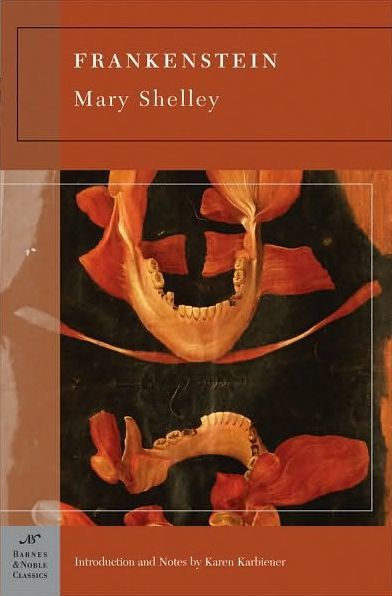How Can I Get a 5 in AP AP English Literature?
6 min read•october 19, 2021
Samantha Himegarner
Samantha Himegarner
AP English Literature 📚
145 resourcesSee Units
AP Literature is the epitome of all English classes. This is your time to show not only your mastery of grammatical concepts and your writing style but also your literary analysis skills. Students get to do so through various works of poetry, prose, and drama! This class will expose you to a lot of new things, and while it may seem intimidating at first, it is typically pretty enjoyable and valuable as well. A 5 is perfectly attainable, just follow these few simple steps!
1. Read!
This may seem a little redundant seeing as the title of the course is quite literally AP Literature and Composition, but it is very important. However, sometimes students (and teachers) fall into this trap of thinking they need to read as many “classics” as possible to be successful in this class.
Work smarter, not harder. Success in this class is not based on how many classic novels you have read, but instead what novels you have read. It will be much more beneficial in the long run to read a variety of works (different kinds, authors, time periods, topics, etc.) than to simply read a lot of different works. Make sure to have a solid background in novels, plays, and poems, as any kind of literature is fair game on the exam.

All the books you are going to have to read....probably. Image courtesy of The Life of Bon
Yes, read the clichè novels: 1984, Brave New World, Frankenstein, etc., but challenge yourself and read some more diverse authors. Read Zora Neale Hurston’s Their Eyes Were Watching God, or Alice Walker’s The Color Purple. Don’t be afraid of modern literature, or older literature, either. The exam could feature any time period, so be familiar with various literary movements, styles, and examples to be the most prepared.
2. Write!
Again, this seems kind of obvious because the second half of the title of the course is “Composition”. The second half of the exam is exactly this as well, which is why it is so important to practice writing different kinds of essays and analyses.
Do not worry about the rubric too much when writing essays. FRQs 1 and 2 on the exam ask students to analyze a work of poetry and prose respectively and to do so by evaluating the literary techniques employed by the author, development of complex relationships between the characters, or another kind of prompt along these lines. While students should practice these prompts in preparation for the exam, it can be helpful for students to be able to develop their lines of reasoning and explorations of literature.
Also, write poetry! By writing different kinds of poetry and actively working to utilize different figurative language, it becomes easier to recognize within other pieces. By becoming a poet, it helps students settle into the mindset when evaluating a poem on the exam. Plus, it is usually more fun than simply annotating a poem every time 🔏
If you want to get an idea of what you'll be writing on the exam, check out the following guides:
- 📝Read: AP English Literature - Poetry Overview
- 📝Read: AP English Literature - Prose Analysis
- 📝Read: AP English Literature - Literary Argument
3. Ask Questions
When analyzing a piece of literature, it is important to ask questions. There are obvious questions, like the ones the exam may ask you to evaluate, such as “how does the author of this work utilize symbols to enhance character development” or plot, or whatever. Those questions are important because those are the questions that you'll get answers to eventually.
It can be hard to know what questions to even ask. Here’s a little secret: there are no bad questions. One question will lead to another, which will lead to another, which may connect back to a previous thought and everything will start making sense.
Here’s an example. Let’s look at Mary Shelley’s Frankenstein! 🧟

The lovely book cover of a lovely book. Image courtesy of Barnes and Noble
My very first question was: “Why would Victor even want to create life in this way, seeing as it almost took the life out of him?”
The answer to this question is because Victor (and his ego) wanted a great and spectacular legacy. Except that does not make sense, seeing as he abandoned the monster upon its (successful) creation.
Maybe he abandoned the monster because of shame, disappointment, or fear. Maybe all three. Maybe it is symbolic of the previous point that the monster’s creation almost took Victor’s life/wellbeing. Maybe it did, metaphorically. Maybe this is important later in the novel.
Ask questions that seem dumb. Everything will start to make sense.
If you can not seem to answer your questions, that is okay, too! Ask a friend, classmate, or your teacher. Analyzing literature is not easy, and not everything is going to make sense. It is more important to make these connections, even if utilizing a little bit of help, rather than to not understand the symbolism or purpose or methodology of any given work.
4. Be Wrong About Things
Believe it or not, the analysis of literature can be pretty subjective. Of course, in some cases, there are right and wrong answers. In others, it is all open to interpretation.
For example, here are some open-ended questions that you can not be wrong about, but will probably have an opinion about anyway.
- What happens to Offred at the end of The Handmaid’s Tale?
- Did Willy get what he deserved at the end of Death of a Salesman?
- In Things Fall Apart, does Okonkwo qualify as a tragic figure?
I know what you’re thinking. Samantha! You are telling us to be wrong, but also that we can not be wrong in our interpretation? I know it seems confusing, but just hear me out.
It’s ok to change your mind. It is also ok to misinterpret.
You may completely miss the point of a poem, and take it entirely at face value. You might overthink the symbolism of an object in a novel that turns out to be entirely coincidental. You may change your mind about what you think happened to Offred after hearing your classmate’s thoughts.
Changing your mind and re-evaluating ideas is not only ok, but it is extremely beneficial. It shows critical thinking and the ability to process information in different ways. This will strengthen analytic abilities, and is a good real-world tip as well :)
5. Trust in Yourself
There will be times where you have no idea what is going on. One of those times will be a test or another situation without any consultation of others for ideas.
Go with your gut. And run with it.
Odds are, you have a solid idea of what the author is trying to convey. Start with a broad idea, ask questions, and develop your line of thought from there. Often, when something seems difficult or stressful or high-stakes, it seems harder to complete the task at hand because we do not think we can do it well.
And if you get it wrong? See number 4. Learn from it. Grow from it. Try again. You are not going to click with every piece of literature you read. You are not going to understand everything right away, and you are not going to like everything. And that’s ok.
Each student has their strengths and weaknesses. Just remember to read, write, ask questions, be wrong & try again, and most importantly: trust in yourself. You got this.
Closing
AP classes are extremely rigorous by design, and AP Lit is no exception. The most important thing within this course is to take risks and learn from them, whether or not they pay off. When it comes to writing, you only get better by failing and applying corrections and feedback. It is also totally okay to be wrong and to misinterpret something. Practice makes perfect, so practice is what will push you to that 5.
You can do this!
Browse Study Guides By Unit
🧐Exam Review – Multiple Choice Questions (MCQ)
📝Exam Review - Poetry Analysis Essay
📕Exam Review – Short Fiction FRQ
🌱Unit 1 – Intro to Short Fiction
☕Unit 2 – Intro to Poetry
🎭Unit 3 – Intro to Longer Fiction & Drama
⚔️Unit 4 – Character, Conflict, & Storytelling in Short Fiction
🌈Unit 5 – Structure & Figurative Language in Poetry
🛠️Unit 6 – Literary Techniques in Longer Works
🏛️Unit 7 – Societal & Historical Context in Short Fiction
🤾🏾♀️Unit 8 – Advanced Techniques in Poetry
🚣🏾Unit 9 – Nuanced Analysis in Longer Works

© 2023 Fiveable Inc. All rights reserved.